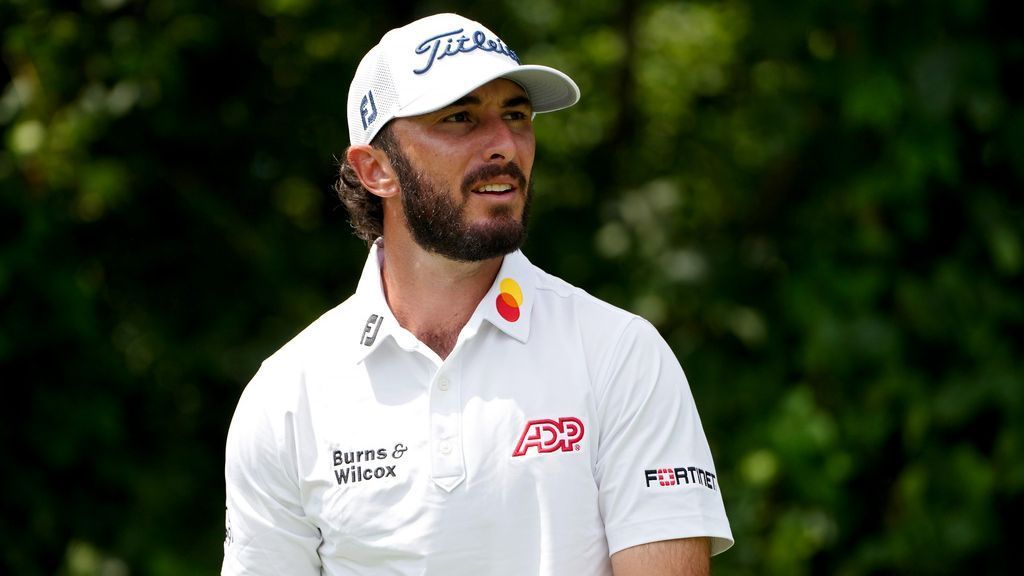The N.F.L. should pay virtually $5 billion in damages for artificially inflating the value of Sunday Ticket, a subscription service provided by DirecTV that confirmed out-of-market video games, a federal jury in Los Angeles selected Thursday.
The decision, which capped a monthlong class-action trial and virtually a decade of authorized wrangling, consists of about $96 million in damages for the bars and eating places that subscribed to the service, and greater than $4.6 billion for roughly 2.4 million residential subscribers. Damages in antitrust instances like this are tripled by legislation, which suggests the league might need to pay greater than $14 billion.
The jury’s damages have been most of what the plaintiffs legal professionals have been searching for. “It’s a terrific day for customers all over the place,” mentioned Invoice Carmody, one of many plaintiffs’ legal professionals.
The N.F.L. is predicted to attraction the decision.
“We’re disenchanted with the jury’s verdict immediately within the N.F.L. Sunday Ticket class motion lawsuit,” Brian McCarthy, a league spokesman, mentioned in an announcement. “We will definitely contest this resolution as we consider that the category motion claims on this case are baseless and with out benefit.”
Choose Philip Gutierrez, who brazenly admonished the plaintiffs’ legal professionals throughout the trial in U.S. District Courtroom, will hear post-trial motions subsequent month. He might, in principle, determine that the jury reached an improper verdict. An appeals court docket might additionally alter the dimensions of the damages.
Nonetheless, the decision poses a considerable danger to the league, which is a $20 billion juggernaut largely due to its media offers.
“Juries are inherently unpredictable, however any time there’s a ruling in opposition to a sports activities entity, it’s vital as a result of leagues hardly ever take these instances all the way in which to trial,” mentioned Gabriel Feldman, the director of the sports activities legislation program at Tulane College.
The civil case lower to the center of the league’s media distribution technique, which for greater than a half-century has been based mostly on negotiating contracts with networks on behalf of all of the groups. Greater than 90 p.c of N.F.L. video games are proven on free over-the-air tv within the markets of the groups within the video games, and plenty of different video games are proven in prime time on nationwide networks. The league’s contracts with CBS, Fox, NBC and different broadcasters generate greater than $10 billion a yr.
Sunday Ticket was a singular product as a result of it packaged out-of-market video games already being proven by CBS and Fox and resold them to followers for about $300 a season. The plaintiffs argued that the value was intentionally inflated to restrict the variety of subscribers. The plaintiffs’ legal professionals pointed to an electronic mail to N.F.L. executives from ESPN that mentioned the cable sports activities community was prepared to supply Sunday Ticket for less than $70 and promote single-team packages.
The league spurned the provide and caught with DirecTV till 2022, when it struck a brand new cope with YouTube TV.
In the course of the trial, the league acknowledged that CBS and Fox can be harm if Sunday Ticket attracted too many subscribers. Commissioner Roger Goodell, who testified final week, mentioned the service was priced as a premium product.
The jury — and plenty of followers — contended that the league might and may provide its video games at a lower cost, and with extra versatile choices, like team-only packages. Feldman, the Tulane professor, mentioned the N.F.L. would most probably on attraction restate its case that whereas it negotiated contracts collectively, it was pro-consumer as a result of it provided so many video games over the air without spending a dime.
The N.F.L. will argue that “we aren’t like Coke and Pepsi — we’re extra like Coke and Coke Zero,” Feldman mentioned. “We’re a part of the identical firm and a part of the identical objectives.”

















